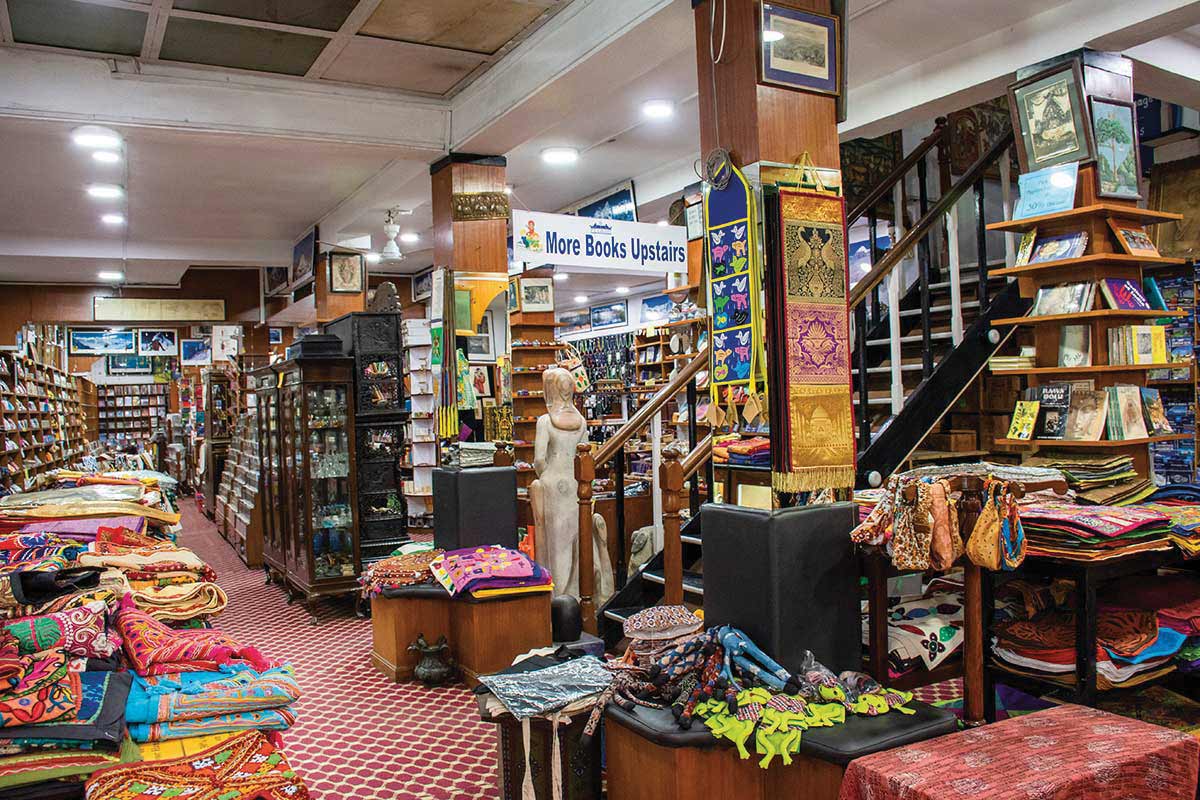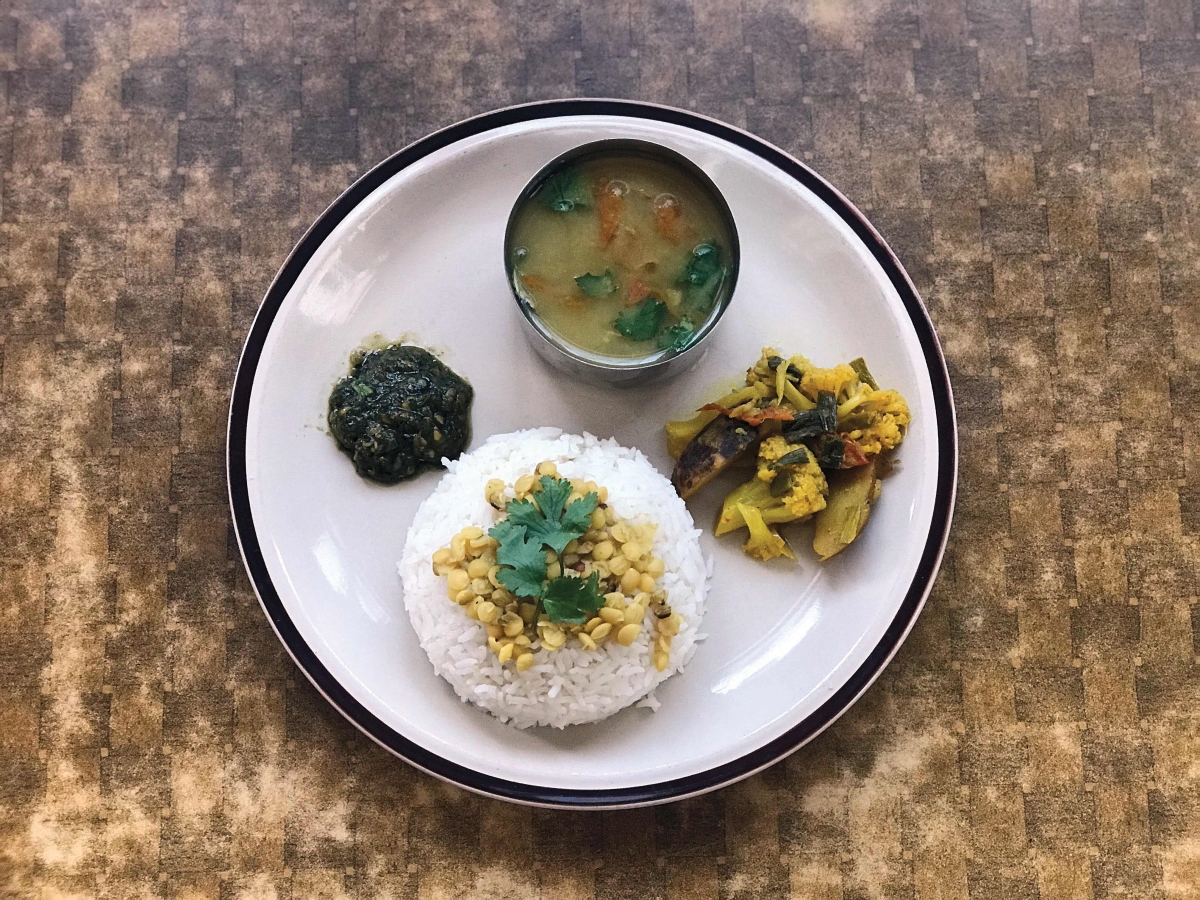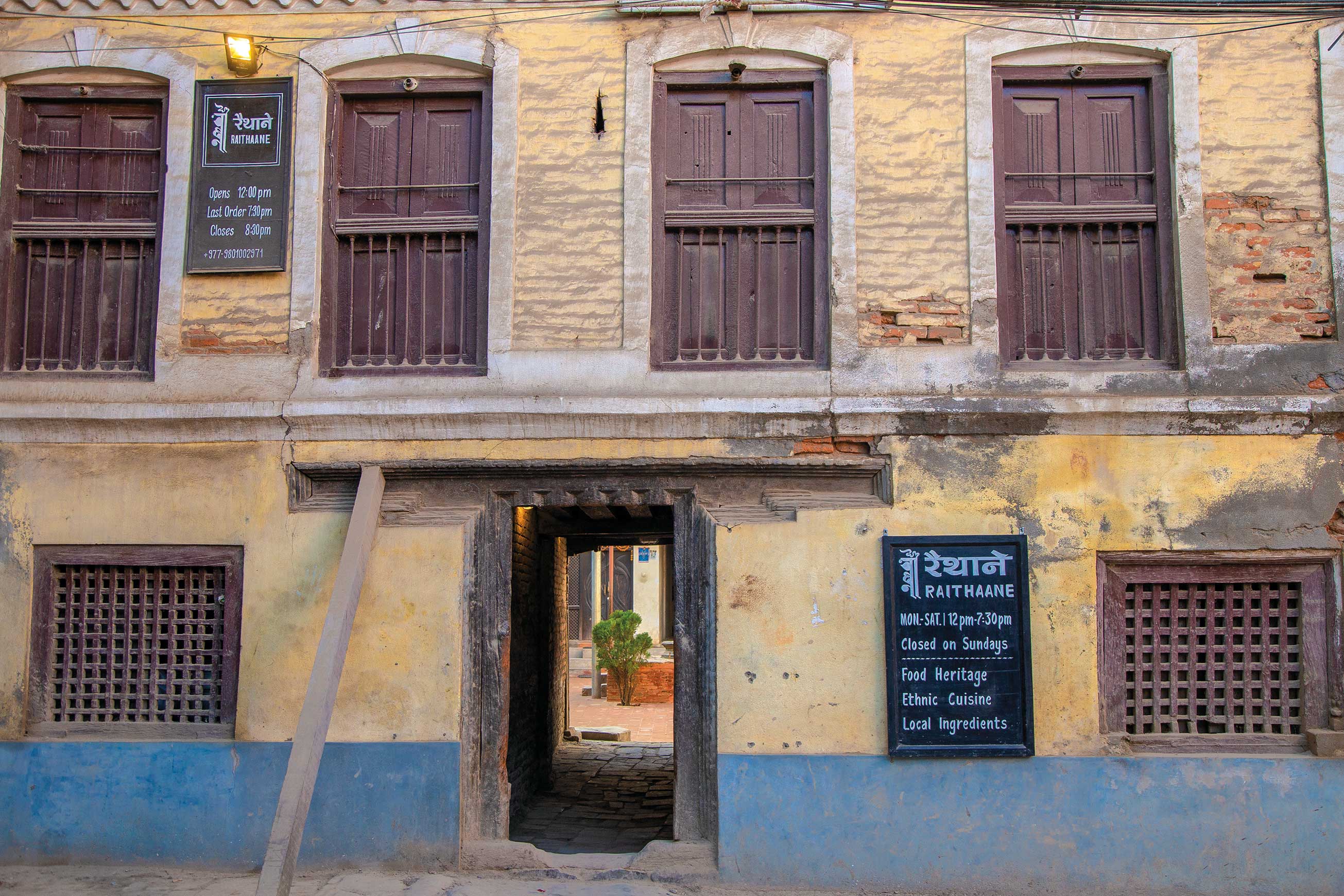
The Enterprising Chinese of Thamel
Down the years, a Little China has sprung up around Thamel, and it has many hard-working Chinese with great enterprising spirit.
Do these Chinese words attract your attention while walking in Thamel? I would say, “Yes, they do.”
When you are in a foreign country, no matter how obsessed you are with it, there will be some moments that you miss your own country, especially the hometown flavor. As a Chinese in Nepal, it is lucky to live in Kathmandu, because you can invariably find authentic Chinese food, and what’s more, Chinese people to chat with in Thamel, Kathmandu. Generally, the Chinese food abroad will change their flavor somehow. At the very least, we didn’t expect to taste really local Chinese food.
Walking down Jyatha Street, we got a glimpse of a sign in a small alley, directing us to a featured Chinese restaurant. There’s an old saying in China, “Jiu Xiang Bu Pa Xiang Zi Shen”, which means good wine needs no bush. We all believe good things need patience and effort to search, so does food! Walking down the alley, a small restaurant came into view. Nestled in a hidden place, I wondered how customers find it. “Guests who come here will come back, and bring more people here,” a young and thin Chinese girl, Han, said. From her words, it was clear that she was confident of her restaurant.
Han, from Xi’an, Shanxi province, graduated from junior college three years ago. She came to Nepal alone to make her own living by running a Chinese restaurant. She had been to Nepal when she was in junior college, but didn’t visit the country thoroughly. With regret in mind, she decided to come here again, and started up her business. Without any accompanying friends, every Chinese she met in Thamel became her friend. “Basically, I know most of the Chinese in Thamel. We provide takeout service for the Chinese nearby.” Talking of her dreams, she plans to make enough money here, and then move to European countries and settle down. Thus, she focuses time and energy on her restaurant, which opens from 8:30 a.m. to 10:00 p.m. For her, Nepal is to a European country what Xi’an is to Beijing in China. Nepal is the gate that she enters to a bigger world.
While we were talking, a man came into the restaurant. Han seemed so happy, and yelled, “What do you bring me today?” “I’ve bought you something, and I will make some Mashi (a typical northern Chinese food) for you this afternoon,” the man said. “He often brings something delicious for us,” Han said happily, unable to hide her joy. This man, Zhang Guotao, is an airplane engineer working in Tribhuvan International Airport. He was sent to provide one-year-after-sales service for the aircraft, Modern Ark 60, that Nepali Airline bought from China. He has been to many countries, and when asked how he felt about Nepal, he spoke highly of the public security. Showing a colorful string on his wrist, he explained that it was given by his Nepali landlord, and that it was for good luck. “When in Nepal, do as the Nepalis do,” he said with gratitude.
Yang Jie, another restaurant owner, who worked in Shaanxi province’s administration of salt business, took a year off and came to Nepal for experiencing a completely different life. Why in Nepal?He thinks that living in Nepal doesn’t have much pressure. Unlike the Chinese, who buy houses, cars, and luxury brands for showing off, consequently suffering from more intangible pressure, people in Nepal are relatively pure and follow a more relaxed lifestyle. Nepalis separate work and entertainment entirely. The Chinese should learn from them about how to play hard, apart from working hard.
It’s dinner time. We found a Sichuan restaurant, which had opened for nearly two decades in Thamel. Since the proprietress was busy with the business, we decided not to bother her. We saw a Chinese girl sitting besides the stairs and doing her homework quietly. Her name was Tang Siyi, and she is 13 years old. She studies in a boarding school in China and spends every summer vacation in Nepal. “I think my parents came to work in Nepal before I was born; I live with my elder sister in China,” she said. Living away from parents, she seems more mature than her peers. Without any friends in Nepal, she could do nothing but stay in the restaurant. If the restaurant is too busy, she will help order food, or pass the dishes.
Tian Mei is a Chinese woman born in the 1970s, and she is quite familiar with the traffic and road circumstances in Kathmandu. She recalled that, in the 1970s, China was in a similar situation. Some tourists complain about everything in Nepal, but she thinks it is pointless. “To be honest, I don’t like the dirty road either, but if you want to stay here, you have to accept it. There’s no need to grumble about the dirty and muddy road if you just come by here.” I completely agreed with what she said. Flying to a new place, all we want is to get out of our comfort-zones and experience different cultures. It has no meaning if it is the same as if you’re at home.
Moving to a new country and starting a fresh life, for sure, it won’t be easy for anyone. No matter how, we have to show respect for those who struggle for a living. Now, Nepal has signed the Belt and Road Initiative with China. With hope and expectation, I deeply believe that it will benefit both Nepalis, as well as the Chinese who live in Nepal.











